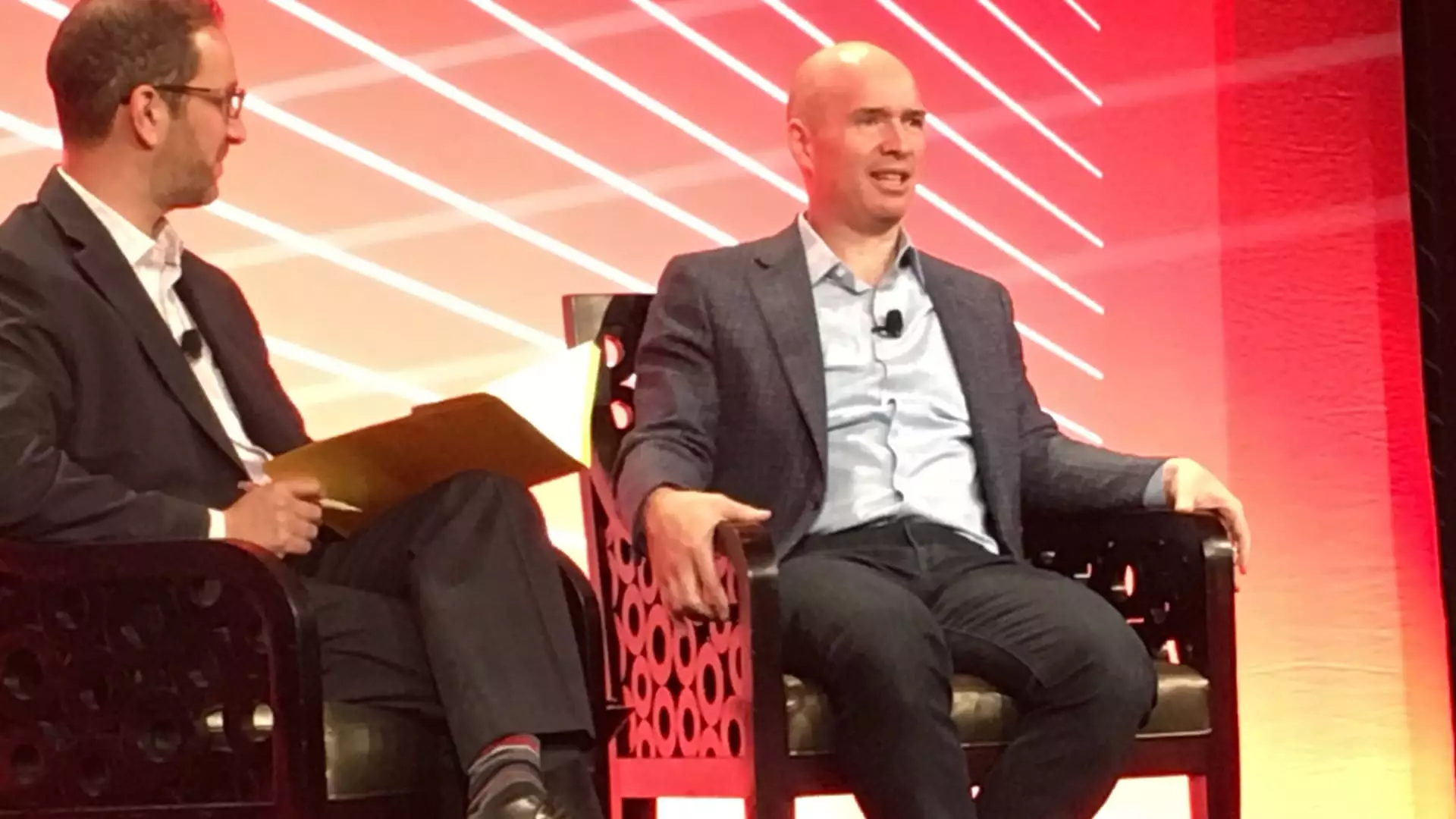Political affiliations within the tech industry have often stirred controversy and sparked vigorous discussions, especially when influential figures like venture capitalist Ben Horowitz take definitive steps in one direction and then abruptly change course. Just months after signaling his support for Donald Trump’s presidential campaign by contributing to political action committees (PACs), Horowitz has made headlines once again with the announcement of his significant financial backing for Vice President Kamala Harris’ election initiative. This latest pivot raises questions about the motivations and implications behind such shifts in allegiance, particularly in an ever-evolving political landscape.
Revealing his intentions via a letter to employees at his firm, Andreessen Horowitz, Horowitz emphasized the personal ties he and his wife, Felicia, have with Harris. Asserting that their friendship spans over a decade, he seemingly positioned their donation as a natural, almost inevitable progression of their long-standing relationship. Such personal affiliations within the politically charged atmosphere of Silicon Valley highlight the intricate dynamics at play where relationships often supersede traditional partisan boundaries.
This backdrop amplifies the significance of Horowitz’s switch to supporting Harris, especially considering that Andreessen Horowitz has historically positioned itself against policies favorable to startups under the Biden administration. The contrast in the firm’s political strategy underscores how personal relationships can navigate complex political waters, especially when financial interests in the tech sector are at stake.
Strategically Guarded Support
The move to support Harris does not come with a complete repudiation of the earlier backing for Trump; rather, it indicates a strategic approach to influence. The firm’s dual support showcases how navigating the political landscape can often lead to elaborate political maneuvering meant to align with broader goals, which for Andreessen Horowitz has been defined primarily as championing a “little tech agenda.” This notion is key in understanding the firm’s motivations. Instead of viewing participation in partisan politics as an absolute, it seems they are adopting a strategy focused on engaging with individuals and ideologies that they believe will directly benefit their business interests in the long run.
As Horowitz remarked, “Our political efforts as a firm are entirely focused on defending Little Tech.” This suggests a calculated attempt to carve out niche political influence, allowing them to engage with leaders and advocates across the political spectrum while maintaining a façade of ideological neutrality. The implications of such tactics may complicate relationships with other political players and provoke scrutiny into the firm’s long-term strategy.
In conjunction with these developments, it is essential to recognize that the tech industry often finds itself at the intersection of innovation, regulation, and political power. Figures like Horowitz play an essential role in shaping dialogues that can have profound effects on policy and industry standards. The rising trend of venture capitalists engaging in political donations reflects a growing acknowledgment of the intertwined nature of business and political success, inviting criticism, intrigue, and speculation surrounding their true motivations.
Overall, Ben Horowitz’s transition from a supporter of Trump to backing Kamala Harris exemplifies the fluidity of political affiliations in the realm of technology and venture capitalism, highlighting how personal relationships and strategic interests are at the core of these high-stakes interactions. As the 2024 elections approach, the eyes of the political and business communities will be closely monitoring how these dynamics continue to unfold.


Leave a Reply